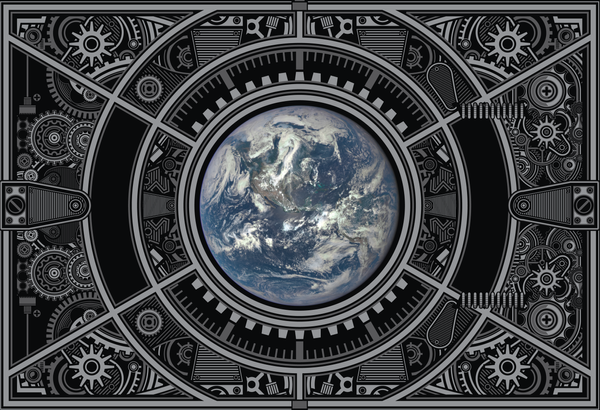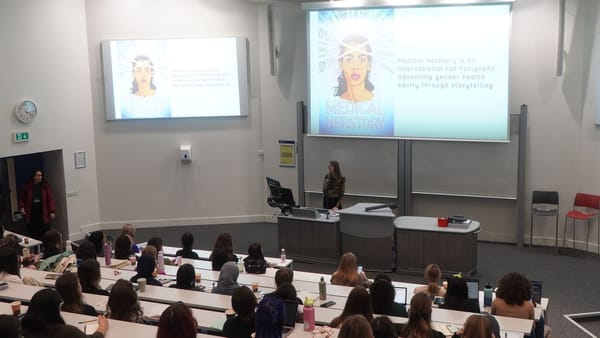Felix likes this...
The Social Network is a contemporary tale of friendship, jealousy, betrayal and – above all – ambition

The Social Network may just be the movie that defines our generation. It tackles a subject that certainly defined our generation – Facebook – and after barely a month in the cinemas, critics already call it a classic. What’s the fuss about?
For one, it’s directed by David Fincher, a familiar name in smart cult movies (Fight Club) and Oscar heavy weights (The Curious Case of Benjamin Button). In addition to that, the screenwriting comes from scriptwriter extraordinaire Aaron Sorkin (The West Wing, A Few Good Men). Based on Ben Mezrich’s bestseller, The Accidental Billionaires, the film trails the rise of Mark Zuckerberg from frustrated college nerd to the youngest billionaire on Earth, and the genesis of a social platform that revolutionized the way we communicate with each other.
It is, as Fincher puts it, the Citizen Kane of our era
It is, as Fincher puts it, the Citizen Kane of our era. There certainly are parallels between The Social Network and the ‘greatest movie of all time’. Both depict the meteoric rise of a controversial figure after founding an empire. Both figures soon – like a meteor – burn their closest friends and those who helped them reach such heights. And both end up at the top of the world, alone.
The heroes of both films are based on real people. Though Orson Welles’ movie is a film à clef, The Social Network deals with the man himself, Mark Zuckerberg, albeit a fictionalized version. As scriptwriter Sorkin put it in a New York Magazine interview: “I don’t want my fidelity to be to the truth; I want it to be to storytelling”. And it is storytelling at its finest. The Social Network is a contemporary tale of friendship, jealousy, betrayal and – above all – ambition. It is an epic modern mythos, exploring the most fundamental and everlasting themes in storytelling.
Zuckerberg himself voiced his reservations of the film prior to its release. “I wish that no one made a movie about me when I was alive,” he said in a recent interview. Flattering though it may seem, to have a biopic released whilst you are not just still alive but a mere twenty-six, Zuckerberg does have reasons to fear for his reputation. His reputation took a double beating this year when Silicon Alley Insider twice leaked IM logs detailing a darker (or rather, more adolescent) side of Mark when he first founded Facebook.
It is Zuckerberg’s own ‘FuckGate’, revealing that he called early Facebook users “dumb fucks” and his plan to deal with rival Harvard Connection – whose creators later sued Zuckerberg, accusing him of appropriating their ideas for Facebook – was to “fuck them”. He subsequently apologised for this in a recent interview with The New Yorker. With the new film depicting him as a rule-breaking rebel and prompting new questions about the claim, Zuckerberg is understandably not too happy, especially after the out-of-court settlement of $65 million to the founders of Harvard Connection, the Winklevoss twins.
Zuckerberg is highly intelligent and extremely self-assured, yet he craves social validity and is hurt the most by social rejection
Fortunately for Zuckerberg, however, the movie actually does not portray him in such a way that would damage his fragile reputation further. Based mostly on Aaron Sorkin’s own research, the Zuckerberg of the film is a tour de force of a character and may go down as one of the most iconic anti-heroes in modern cinema. He is highly intelligent and extremely self-assured, yet he craves social validity and is hurt the most by social rejection.
An embodiment of ‘the geek shall inherit the Earth’, he affronts people on the basis of his intellectual capability. He is not socially awkward, but rather lacks fundamental social empathy in a borderline Asperger’s way. This sometimes comes across as endearingly good, but mostly just leaves a trail of pissed-off people. Zuckerberg is a Byronic hero for the Internet age, a visionary genius who, despite changing the social world, is himself socially flawed.
Jesse Eisenberg (Zombieland) brings to life a complex protagonist with many conflicting characteristics. His portrayal of Zuckerberg possesses a subtle undercurrent of sensitivity amidst his social stoicism, and reminds us that, though genius, he is still human.
Andrew Garfield’s (Never Let Me Go) performance of Mark’s BFF is haunting. His gradual but inevitable progression from Mark’s confidante to victim of Mark’s ambition is especially heart wrenching. Justin Timberlake (Alpha Dogs, Shrek Forever After) sweeps the table as the charismatic silicon valley playboy and Zuckerberg’s idol Sean Parker, who much to Saverin’s dismay, would soon become Facebook’s first president. Ironically, the role that would define the acting career of one of the most successful male musician in the world would be that of the founder of Napster.
Fincher’s superbly stylish cinematography captures the audience in a surreal ride with Zuckerberg. Sorkin’s script is genius of its own, with top notch lines and bashing wit.
The Social Network is going to be big at the Oscars, launch the careers of its young stars and might just go down in history as the film that defined the cinema of our time.








